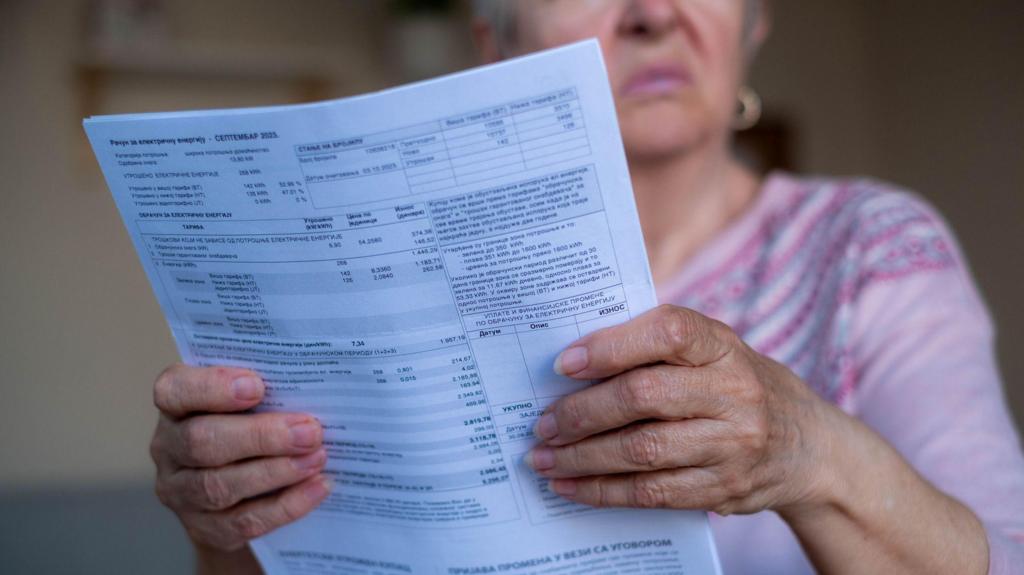The Labour Party’s initial strategy for overhauling the welfare system was reportedly a rushed attempt to implement substantial cuts to a rapidly expanding budget. The aim was to assist the Chancellor in meeting self-imposed targets for government borrowing.
However, this recent policy reversal raises significant questions about the true extent to which frequent adjustments to financial plans—occurring approximately every six months—enhance stability and credibility. These adjustments are often made to meet budget targets that fluctuate due to factors such as borrowing costs, which are beyond government control.
According to reports, the revised welfare reforms are now projected to yield annual savings of £2 billion, a significant reduction from the initially anticipated £5 billion by 2029-30.
The bulk of the anticipated savings, approximately £4.5 billion, was expected to come from a planned reduction in eligibility for the disability Personal Independence Payment (PIP).
However, the changes will now only apply to new claimants starting in November 2026, sparing 370,000 current claimants out of the 800,000 identified in the Department for Work and Pensions (DWP) impact assessment.
Another alteration, announced in March and now applicable only to new claimants, concerns the assessment process for PIP applicants.
PIP assessments involve evaluating an individual’s ability to perform tasks such as preparing and eating food, washing, and dressing. Each task is assigned a score ranging from zero, indicating no difficulty, to 12, representing the most severe difficulty.
For instance, needing assistance to wash one’s hair or the body below the waist would result in a score of two points, whereas needing help to wash between the shoulders and waist would equate to four points.
Under the proposed system, individuals will need to score at least four points for a single activity to qualify for support, rather than meeting eligibility criteria across a broader range of tasks.
Rebel leader Meg Hillier and government ministers have jointly emphasized that the new four-point threshold will be a “co-production.”
This implies that the criteria will be developed in collaboration with disability charities, leaving the specific application of the scoring system unclear and suggesting that the changes may not generate the originally anticipated savings.
There will also be a knock-on effect for Carer’s Allowance, potentially costing approximately £2 billion.
The initial changes to Universal Credit related to health—freezing the health element until 2029-30 and then halving it for new claimants from next April—were projected to save £3 billion in 2029-30.
Now, 2.25 million existing recipients will see an increase in line with inflation, and the most severe cases among 730,000 new claimants will no longer have their benefits halved.
This adjustment could cost several hundred million, perhaps £1 billion.
Furthermore, the government has pledged to accelerate investment in employment, health, and skills support to provide upfront assistance to individuals on health benefits, facilitating their return to work.
This investment was initially slated for next year, with its full £1 billion impact expected by 2029. This move enhances the coherence of the package, framing it as a comprehensive reform rather than solely a cost-cutting measure.
The situation involves numerous variables, and it is important to acknowledge that the initial cost estimates were highly uncertain and contingent upon assumptions about behavioral changes, particularly regarding the number of claimants who would successfully argue that they now exceed the new four-point threshold.
However, it appears likely that the total cost of this recent agreement will reduce the originally projected savings of £5 billion by more than half, resulting in a £2.5-3 billion deal.
The government’s financial watchdog, the Office for Budget Responsibility, is expected to reveal further details at the Budget.
This is in addition to the £1.25 billion cost of the winter fuel payment U-turn, which would necessitate either higher taxes or cuts in other areas, given the Chancellor’s commitment to “non-negotiable” borrowing rules.

